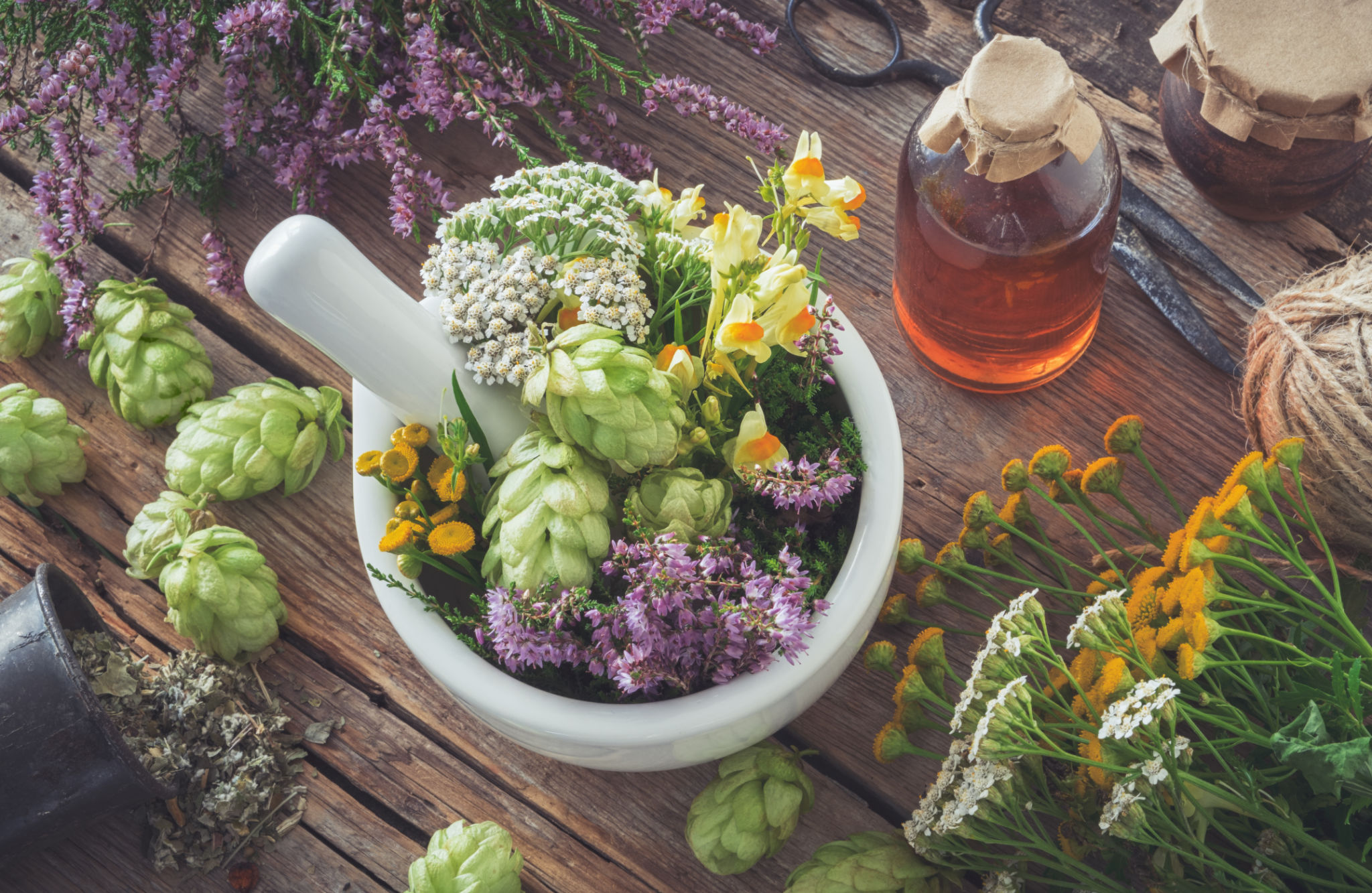Myth-Busting: Common Misconceptions About Herbal Remedies for Stress
Understanding Herbal Remedies
Herbal remedies have been used for centuries to treat various ailments, including stress. However, with their increasing popularity, several misconceptions have surfaced. It's essential to separate fact from fiction to make informed decisions about using these natural treatments.
One common myth is that all herbal remedies are completely safe because they are natural. This assumption can be misleading and potentially harmful. Just like conventional medicine, herbal remedies can have side effects and interact with other medications. Understanding the properties and effects of each herb is crucial before consumption.

Myth: Herbal Remedies Work Instantly
Another prevalent misconception is that herbal remedies provide immediate results. Unlike pharmaceuticals, herbs often work gradually to restore balance in the body. It may take weeks or even months to notice significant changes, depending on the individual and the condition being treated.
Patience and consistency are key when using herbal remedies for stress. It's also important to combine these treatments with healthy lifestyle practices such as regular exercise and a balanced diet to enhance their effectiveness.
Herbs Are a One-Size-Fits-All Solution
Many people believe that a single herb can address all stress-related issues. However, the reality is that different herbs target different symptoms and causes of stress. For example:
- Ashwagandha: Known for its adaptogenic properties, it helps the body cope with stress.
- Chamomile: Popular for its calming effects, aiding in relaxation and sleep.
- Lavender: Often used in aromatherapy to reduce anxiety and promote a sense of calm.

Choosing the right herb involves understanding the specific stressors you face and how your body responds to them. Consulting with a healthcare professional or a qualified herbalist can help tailor treatments to your needs.
Myth: Herbal Remedies Are All-Natural Supplements
The perception that all herbal remedies are pure and free from additives is not always true. Some commercially available herbal products may contain fillers, preservatives, or synthetic ingredients that diminish their natural benefits.
To ensure authenticity and quality, opt for reputable brands and check for certifications like organic labels or third-party testing. This diligence ensures you receive genuine products that provide the intended health benefits without unwanted substances.
Herbs vs. Pharmaceuticals
A common debate is whether herbal remedies are superior to pharmaceuticals. The truth is that both have their place in managing stress. Herbal remedies offer a more holistic approach, supporting overall well-being, while pharmaceuticals may provide faster relief for acute symptoms.

It's essential to recognize that herbal and pharmaceutical treatments can complement each other. For some individuals, integrating both into their routine offers the most comprehensive approach to managing stress effectively.
Conclusion: Making Informed Choices
Debunking myths about herbal remedies for stress is vital for making informed health choices. While these natural treatments offer numerous benefits, understanding their limitations and potential interactions is essential for safe use.
Always consult healthcare professionals when incorporating herbal remedies into your routine, especially if you have pre-existing health conditions or are taking other medications. With proper knowledge and guidance, herbal remedies can be a valuable tool in your stress management arsenal.